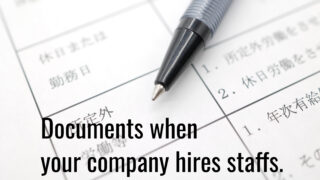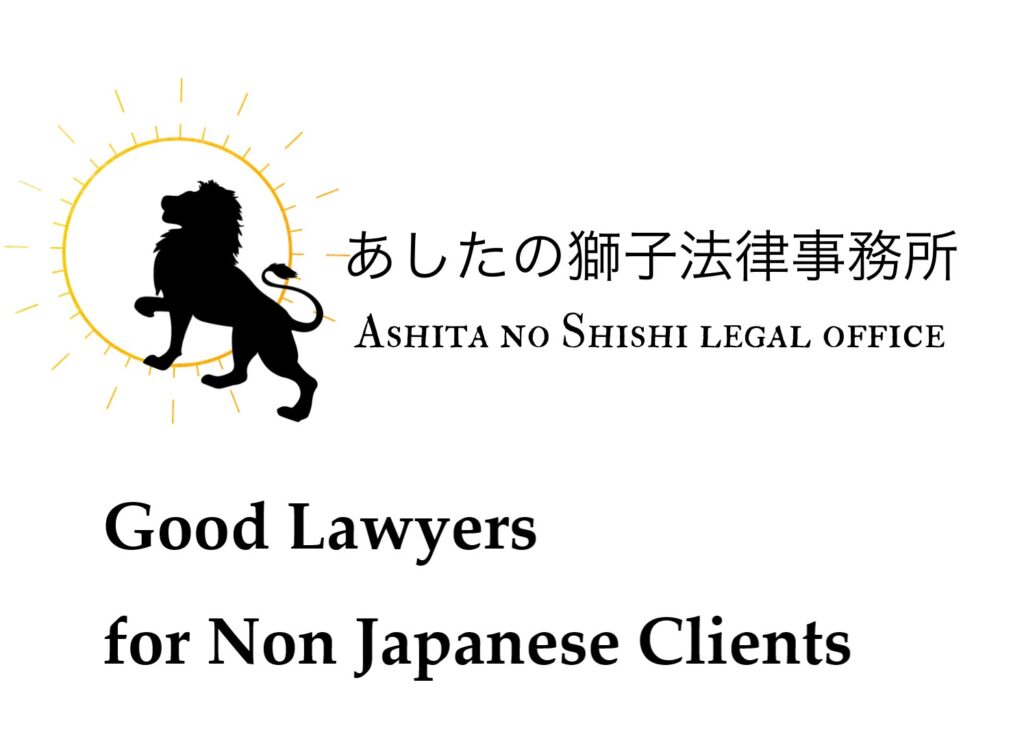Living in Japan may be expensive because of high social insurance premiums in addition to taxes. But thanks to the costs, Japan can maintain its Universal Health Insurance and Universal Pension Coverage. While living in Japan, you may have some opportunities for being helped by the safety net.
Especially, having a Japanese health insurance card will make your life a lot easier. If you do not possess one, you could be asked by hospitals to pay the full medical cost, which is usually staggeringly high. Fortunately, Japan’s Health Care Insurance System is mandatory and accessible for anyone living in Japan including Japanese nationals and non-Japanese residents who are supposed to stay for 3 months or longer.
What is good about Japan’s Health Insurance System is it covers 70 % of the medical costs and you can freely choose medical institution where you receive medical care.
There are many types of health insurance plan. Each enrollee has no specific choice on which health insurance plan he or she can sign up for because each plan is specific to a person’s job, employment status, and age.
Type of Health Insurance
Employees’ Health Insurance (EHI) or 健康保険 (Kenkō Hoken)
For Employee’s Health Insurance, the premiums are deducted from an employee’s monthly paycheck and the company is responsible for paying half the price of total premiums. The plan covers 70% of the overall medical cost. The medical costs of your family members who are financially dependent on you are covered by your insurance.
Another benefit of EHI is you can receive Invalidity Benefit or 傷病手当金(Shōbyo Teate Kin).
Invalidity Benefit is a system established to guarantee the lives of EHI Holders and their families during sick leave. When you takes a leave of absence from your company due to illness or injury, Invalidity Benefit is paid to you.
Who can enroll EHI?
1. Full time workers
All full-time employees are required to enroll.
2. Part-time Workers
Firstly, those whose weekly working hours and monthly working days are three-fourths or more of those of full time employees performing the same work at the same business location can enroll in EHI.
Secondly, those who do not meet the requirements above, but meet all of the following “requirements can enroll in EHI.
- Weekly working hours of 20 hours or more
- Working for one year or more is expected(*From Oct 2022, this condition is not required.)
- Monthly wage of 88,000 yen or more
- Not students
- Works for a company with 101* or more employees (*this number will be 51 from Oct 2024).
National Health Insurance (NHI) or 国民健康保険(Kokumin Kenkō Hoken)
People except for those who enroll in EHI, Advanced Elderly Medical Service System (as explained below) or public assistance recipients are required to join National Health Insurance (NHI).
For Instance, following people are supposed to enroll in NHI:
(1) Person who runs their own shops;
(2) Person who engages in agriculture or fishing;
(3) Person who do not enroll in EHI because they are part-time worker (except dependent member of EHI holder);
(4) Unemployed person (except dependent member of EHI holder); and
(5) Foreign national who has visa which permits him or her to stay in Japan for 3 months or longer.
Note: non-Japanese residents whose term of stay is shorter than 3 months may enroll in National Health Insurance if you are supposed to legally continue to stay in Japan for 3 months or longer.
The NHI monthly bills can be paid at convenience stores or banks. This plan also covers 70% of the overall medical costs. The big difference from EHI is the medical costs for your family member who are financially dependent on you are not covered by your insurance. So payment of premiums for each of them is necessary. Because of this difference, EHI is more cost efficient than NHI in most cases.
Advanced Elderly Medical Service System or 後期高齢者医療制度(Kouki Koureisya Iryō Seido)
For residents who are 75 years old or older, the Japanese Advanced Elderly Medical Service System can cover 90 % of the overall cost of medical care. Person who is 65 to 74 years old with certain disabilities is also eligible for this system.
From October 1, 2022, those with incomes above a certain level are required to pay 20% of medical expenses.
How and When to apply for health insurance?
For EHI, companies hiring you will take care of the application. So basically you don’t need to do any paperwork yourself for application of EHI.
On the other hand, for NHI, each household is required to submit one application by the head of the household. When applying for the NHI, non-Japanese residents have to visit the local city office’s NHI department. Proof of identity including passport, residence card are necessary for the application.
About the process when hiring staff in Japan, please refer to our another article about “Documentation when your company hires staffs in Japan“.

What is Health Insurance Voluntary Continuation System or 任意継続制度 (Ninni Keizoku Seido)?
If you retire or resign from your current company and you do not join another company immediately, you basically need to enroll in NHI. But instead of that, you can voluntarily choose to continue current EHI for two years by submitting application to social insurance office or health insurance association within 20 days from your resignation or retirement.
However in this case, companies do not bear half of your premium. In other words, the premium for EHI you need to pay will be doubled. So, it’s better to compare the costs of NHI before the application.










